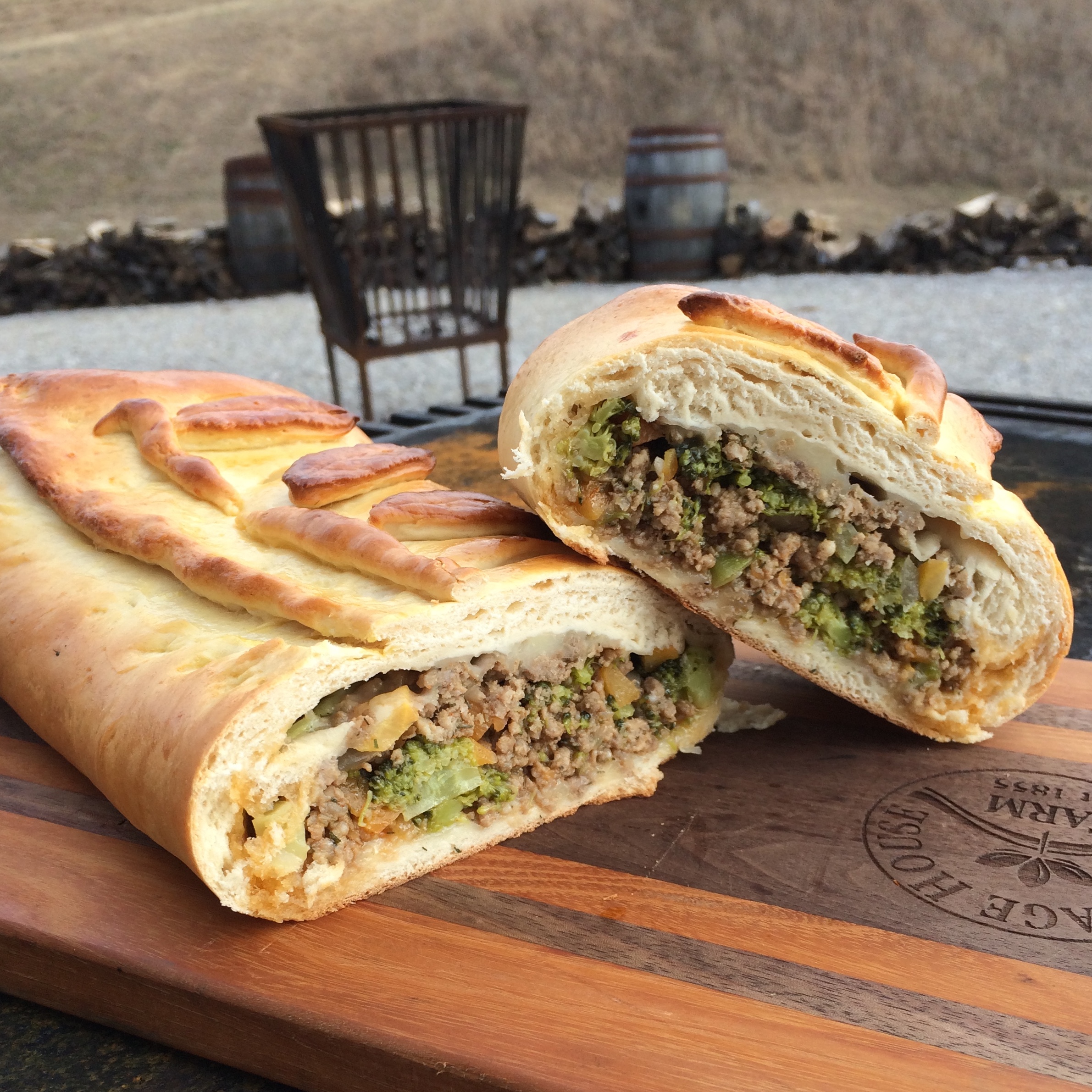Dill
Dill weed is a lovely herb—literally. It’s soft wispy needles make beautiful garnishes on plates and we’ve certainly used it in bouquets (both the leaves and the eventual flat burst shaped flowers). And in the home garden it’s a frequent volunteer, meaning that despite being an annual, it will reseed itself throughout the garden coming back year after year with little effort.
But the taste of fresh dill is even better than its looks—grassy with a bit of an anise/fennel taste—it is subtle and pairs nicely with eggs and fish and creamy sauces and dips. If you’re adding it to a warm dish, always add it last as high heat diminishes the flavor and scent of the herb quickly.
It pairs well with onions, fish, fresh whole cream, garlic, sour cream, lamb, yogurt, lemon
Handling Dill
Just left in a plastic bag, dill will last a day or two. To lengthen its use, store it upright in a small vase or cup of water with a plastic bag loosely covering it in the fridge.
Dill doesn’t dry very well, but it freezes nicely. chop it up very finely and add just enough water to turn it into a kind of loose paste, then freeze it in TBSP measurements in an ice cube tray. Once frozen, transfer cubes to a plastic bag and keep for about a year.
Nutritional Value
Good source of dietary fiber, calcium, iron, magnesium, providing small amounts of vitamin C and protein






